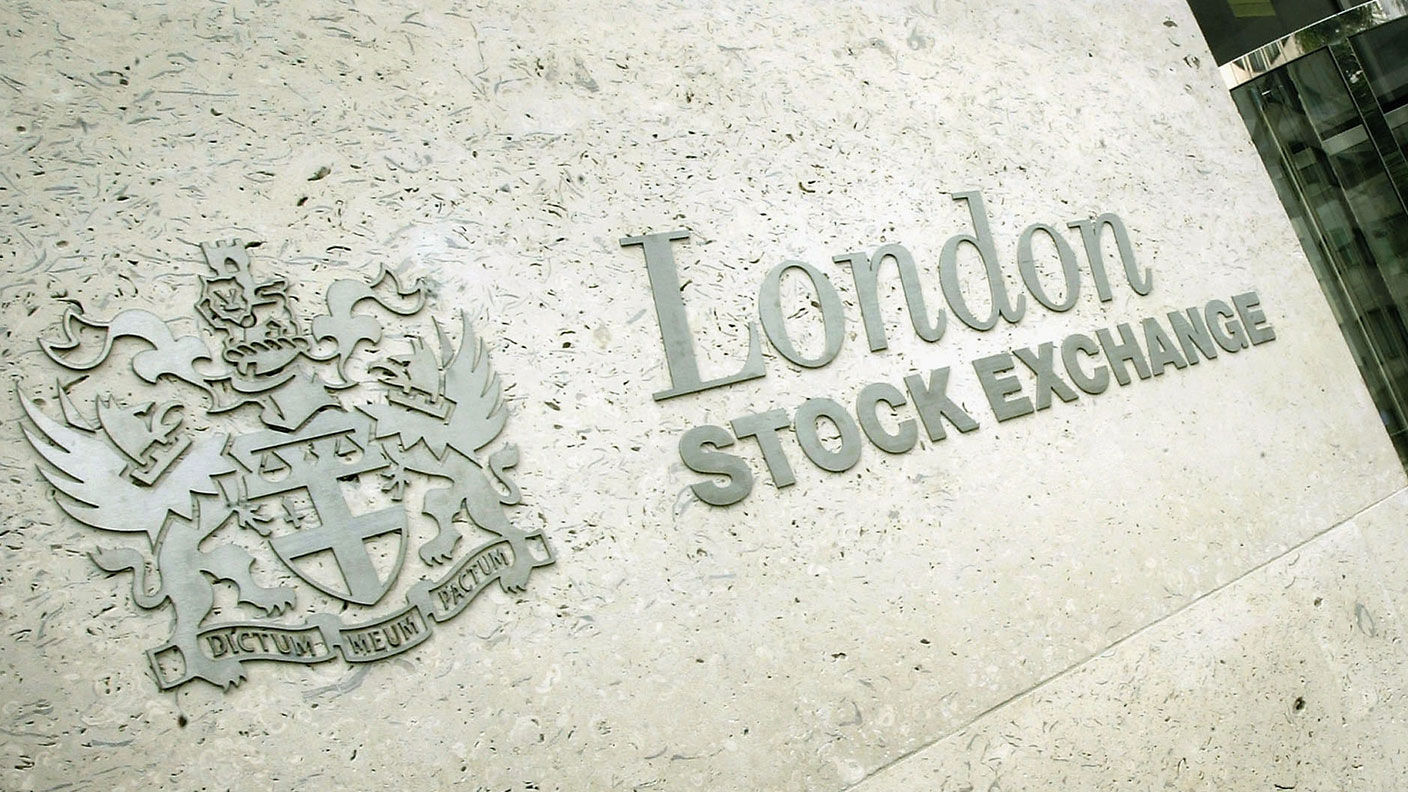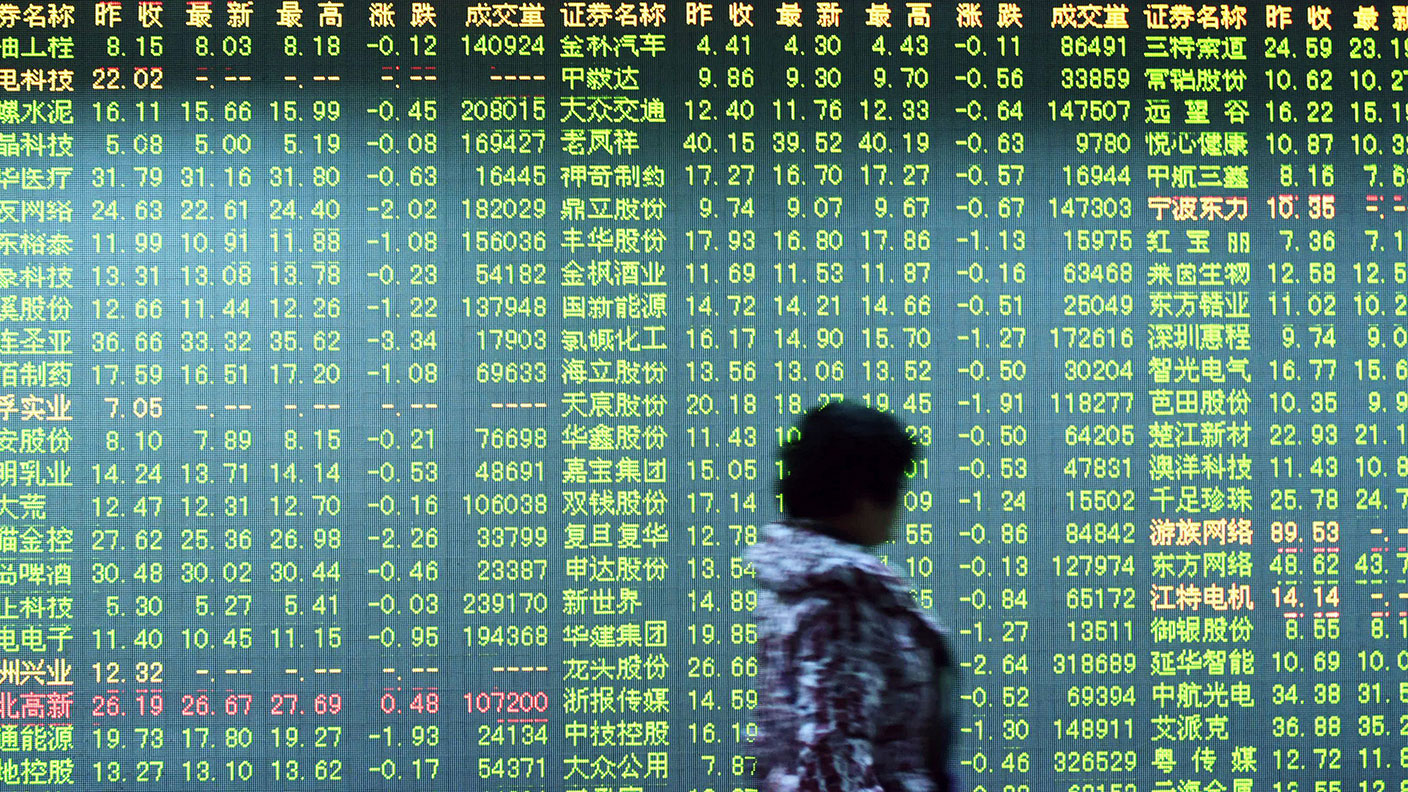What currencies are in your ETFs?
Exchange-traded funds make it very easy for investors to get exposure to overseas markets. But it's important to understand what currency exposures you face, says Paul Amery.

Get the latest financial news, insights and expert analysis from our award-winning MoneyWeek team, to help you understand what really matters when it comes to your finances.
You are now subscribed
Your newsletter sign-up was successful
Want to add more newsletters?
Exchange-traded funds (ETFs) make it very easy for investors to get exposure to overseas markets. But that means it's important to understand what potential currency exposures you face. For a UK-based investor in a FTSE 100 ETF, where both the shares in the index and the ETF itself are denominated in sterling, things are straightforward, of course. But for international ETFs there are three types of currency exposure to be aware of.
Only the first of these, the local currency of the underlying securities held by the fund, represents true currency risk. If you invest in an MSCI World ETF, for example, you will have exposure to companies in 23 countries. So this may include firms using roubles, yuan, pesos, or rupees in their everyday activities.
The second way in which an overseas currency can appear in an ETF is via the net asset value (NAV) or base currency, its unit of account. For the MSCI World ETF, for example, this is US dollars, even though the companies underlying the index come from many currency areas. When the ETF's official NAV is calculated each day, several exchange rates are used to restate local share prices into dollars.
Try 6 free issues of MoneyWeek today
Get unparalleled financial insight, analysis and expert opinion you can profit from.

Sign up to Money Morning
Don't miss the latest investment and personal finances news, market analysis, plus money-saving tips with our free twice-daily newsletter
Don't miss the latest investment and personal finances news, market analysis, plus money-saving tips with our free twice-daily newsletter
The third way in which an ETF can use different currencies is via its market listing, or 'dealing currency'. The iShares MSCI Japan ETF trades in sterling, euros and yen on different exchanges across Europe, for example. This means that dealers effectively do a currency conversion for you when you buy the fund in sterling in the UK - you don't have to buy the yen yourself to buy Japanese shares. Using a 'secondary' dealing currency typically means a slightly larger spread.
For example, ETF Securities' sterling-priced physical gold ETC (LSE: PHGP) typically has a wider bid-offer spread than the dollar-priced version (LSE: PHAU). But this just reflects the fact that most world gold trading is done in dollars. In any case, buying the sterling version is likely to be cheaper for most UK investors than having to exchange pounds for dollars, then purchasing the dollar-priced ETC.
The key thing to remember is that when investing in an ETF with underlying assets outside Britain, you will have exposure both to the local market and to the currency involved, and this can work for you or against you. For example, if you buy a US equity tracker and the market falls by 10%, but the dollar rises by a similar amount against sterling, your position will stay flat measured in pounds.
Paul Amery edits www.indexuniverse.eu
Get the latest financial news, insights and expert analysis from our award-winning MoneyWeek team, to help you understand what really matters when it comes to your finances.
Paul is a multi-award-winning journalist, currently an editor at New Money Review. He has contributed an array of money titles such as MoneyWeek, Financial Times, Financial News, The Times, Investment and Thomson Reuters. Paul is certified in investment management by CFA UK and he can speak more than five languages including English, French, Russian and Ukrainian. On MoneyWeek, Paul writes about funds such as ETFs and the stock market.
-
 Financial education: how to teach children about money
Financial education: how to teach children about moneyFinancial education was added to the national curriculum more than a decade ago, but it doesn’t seem to have done much good. It’s time to take back control
-
 Investing in Taiwan: profit from the rise of Asia’s Silicon Valley
Investing in Taiwan: profit from the rise of Asia’s Silicon ValleyTaiwan has become a technology manufacturing powerhouse. Smart investors should buy in now, says Matthew Partridge
-
 Profit from MSCI – the backbone of finance
Profit from MSCI – the backbone of financeAs an index provider, MSCI is a key part of the global financial system. Its shares look cheap
-
 Ashoka: A new, but reliable, trust you can count on
Ashoka: A new, but reliable, trust you can count onOur investment columnist, Max King, says tough times breed investment trusts like Ashoka, that you can trust.
-
 Should you stick with Mid Wynd investment trust?
Should you stick with Mid Wynd investment trust?Tips Max King looks at the prospects for Mid Wynd as the trust prepares to say goodbye to Simon Edelsten and Alex Illingworth, managers of the trust since 2014.
-
 Analysis: it’s been a terrible six months for investment trusts
Analysis: it’s been a terrible six months for investment trustsAnalysis The first half of the year has not been kind to investment trusts because of their skew towards growth stocks and the global downturn, says Max King. But they will recover.
-
 A core US fund that should be part of every portfolio
A core US fund that should be part of every portfolioAnalysis The UK market’s recovery might not be here to stay. America offers a compelling alternative, says Max King.
-
 Why we’re keeping RIT Capital Partners in our portfolio
Why we’re keeping RIT Capital Partners in our portfolioNews The RIT Capital Partners investment trust has lost 10% so far this year. But its longer term record is exceptional, says Merryn Somerset Webb.
-
 Which investment trusts performed the best in 2021, and what might perform this year?
Which investment trusts performed the best in 2021, and what might perform this year?Analysis After a stellar 2020, last year was disappointing for investment trusts. Max King explains why, and looks at what could do well in 2022.
-
RIT Capital Partners update: discount to NAV narrows
News RIT Capital Partners one of the components of the MoneyWeek investment trust portfolio, has seen a narrowing in its share price's discount to its net asset value.
